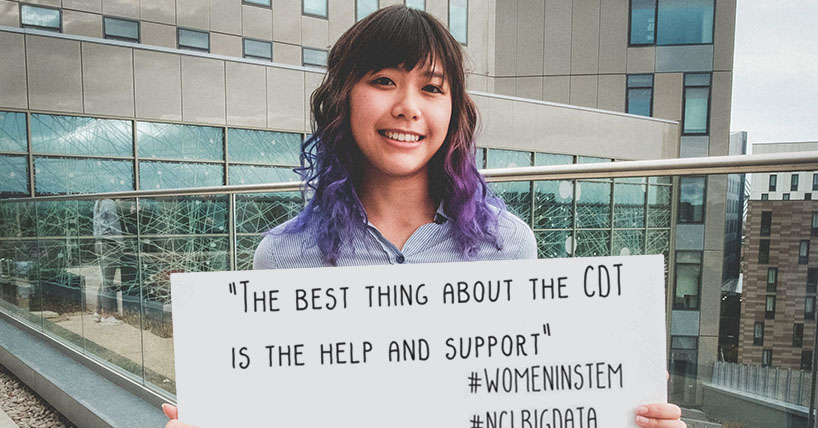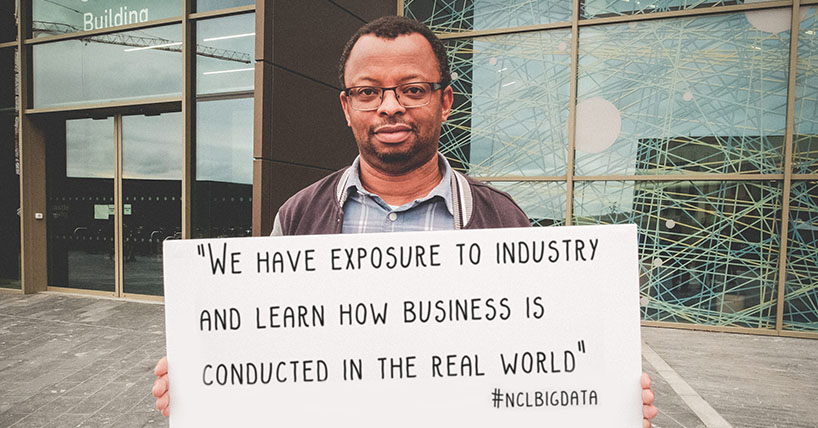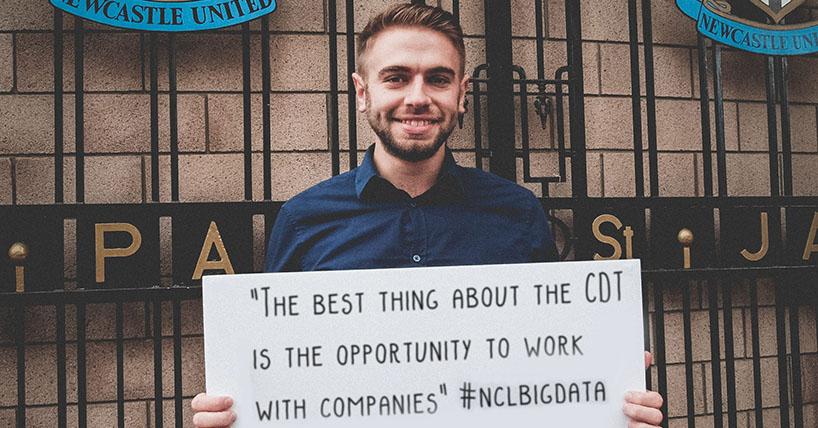Cloud Computing for Big Data
EPSRC Centre for Doctoral Training.
Cloud Computing skills are in demand
Companies around the world are realising the benefits of scalable, dynamic analysis. Those with the right skills can secure a position working with exciting companies anywhere in the world.
The Centre for Doctoral Training in Cloud Computing for Big Data offers a PhD programme that:
- gives our researchers the skills that leading companies want
- encourages our students to pursue research interests in an exciting field, with expert guidance
- offers opportunities to build industry experience, through projects and placements
- challenges our students to solve problems as part of a multi-disciplinary team
The four-year programme combines professional and technical skills training, and prepares our students to apply these skills in industries that are crying out for cloud computing expertise.
Solve real problems
Our PhD projects are guided by the issues that innovative organisations face today. Many of our students work directly on projects with our industrial partners, and our building on Newcastle's Helix site is home to many leading high-tech and research firms, exploring:
- cyber physical systems
- infrastructure
- smart grids
- the city of the future


